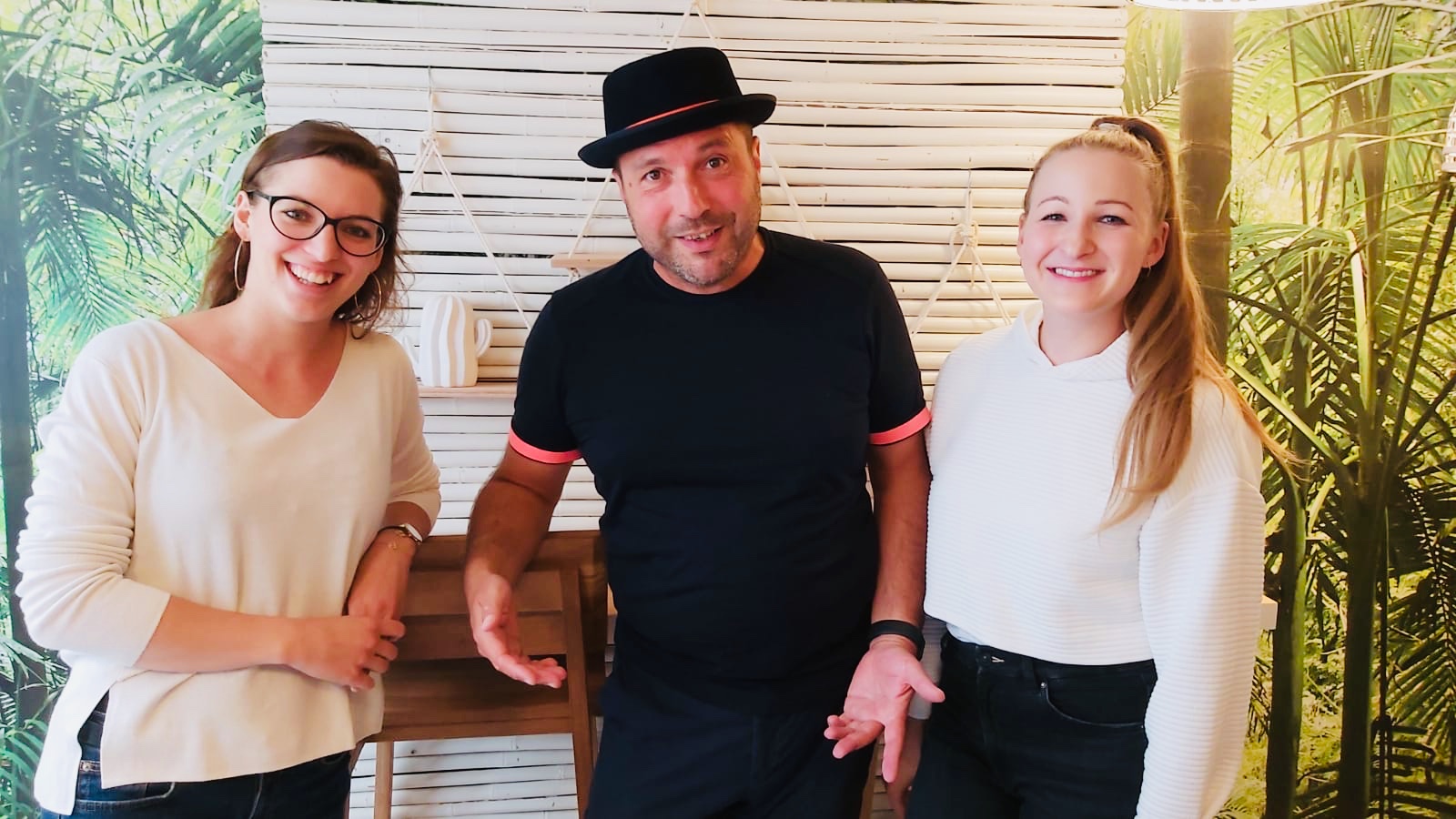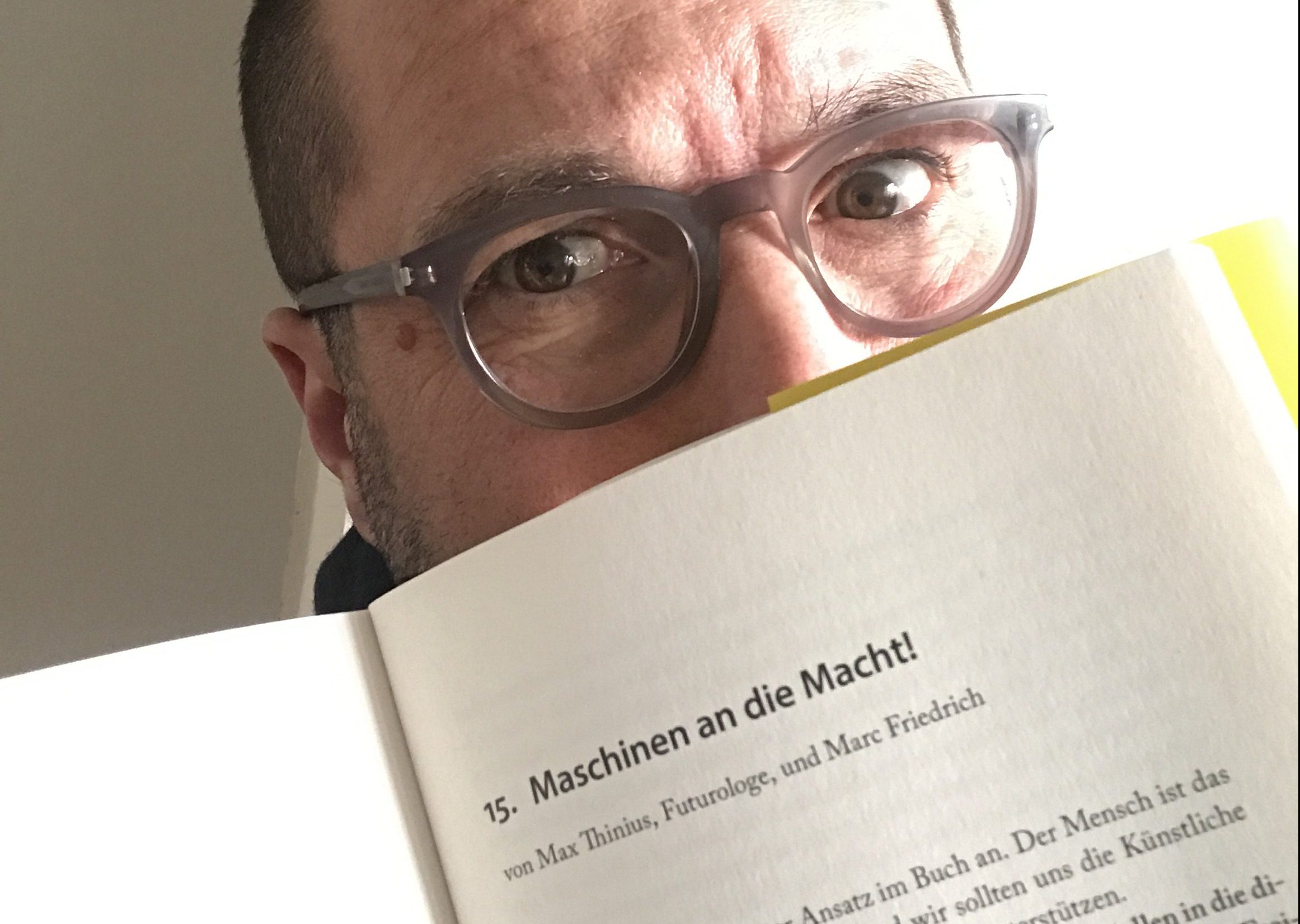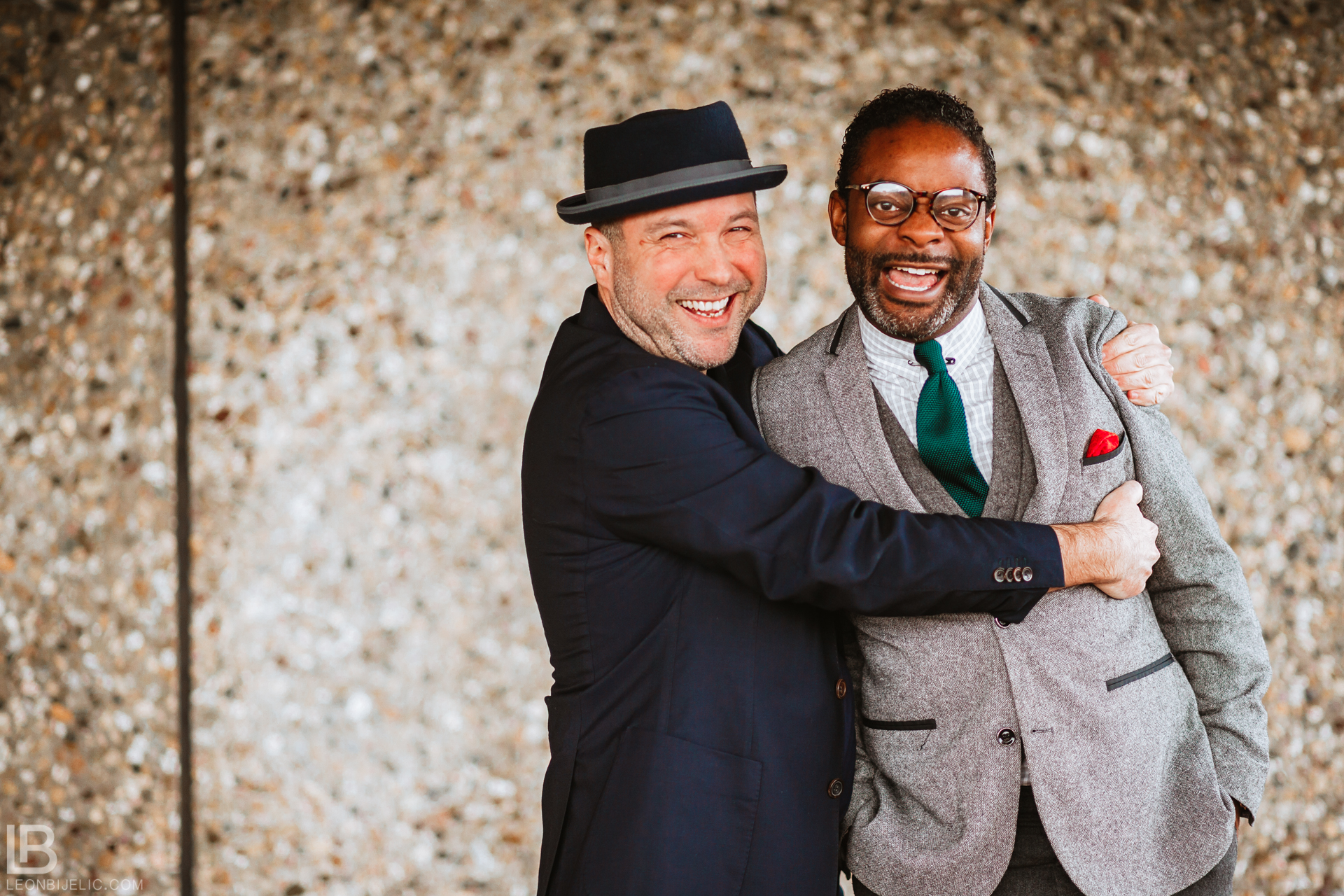More hipsters for future!
When we talk about digitalisation today, we are talking about technology first and foremost. There is a lot of talk about artificial intelligence. Before that it was Blockchain. The 3-D printer’s been around a while. But algorithms that are actually found everywhere in the digital world are currently repositioning themselves. Nobody talks about hipsters! Hipsters in particular, like the hippies of yore, are the drivers of change. Totally nonconformist they show us how it works differently. They take us into the future. They try things out, take no account of existing structures. No matter if they have a beard or not – and yes, they have reinvented coffee (you know, a little more sour, more aromatic, handbrew and not quite so hot, but guaranteed by sustainable plantations). And that’s exactly why we need them! To bring digital “solutions” into our society that fit the new structures made possible by digitalization. Because the hipsters turn technology into solutions. Applications that we humans need (or sometimes don’t need), but which are in any case tangible – they …






